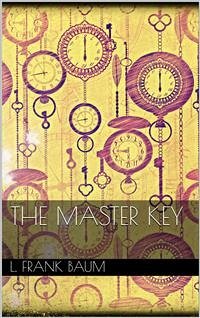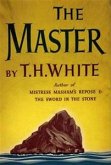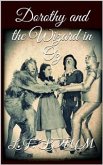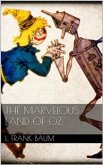These things are quite improbable, to be sure; but are they impossible?Our big world rolls over as smoothly as it did centuries ago, without a squeak to show it needs oiling after all these years of revolution. But times change because men change, and because civilization, like John Brown's soul, goes ever marching on.The impossibilities of yesterday become the accepted facts of to-day.Here is a fairy tale founded upon the wonders of electricity and written for children of this generation. Yet when my readers shall have become men and women my story may not seem to their children like a fairy tale at all.Perhaps one, perhaps two—perhaps several of the Demon's devices will be, by that time, in popular use.Who knows?
Bitte wählen Sie Ihr Anliegen aus.
Rechnungen
Retourenschein anfordern
Bestellstatus
Storno









